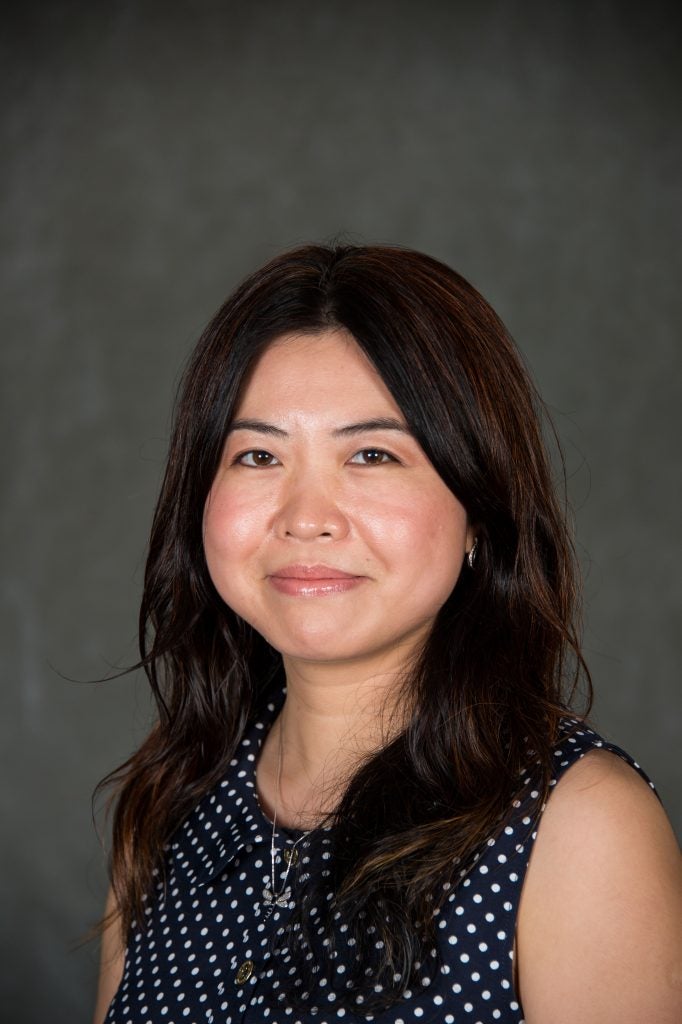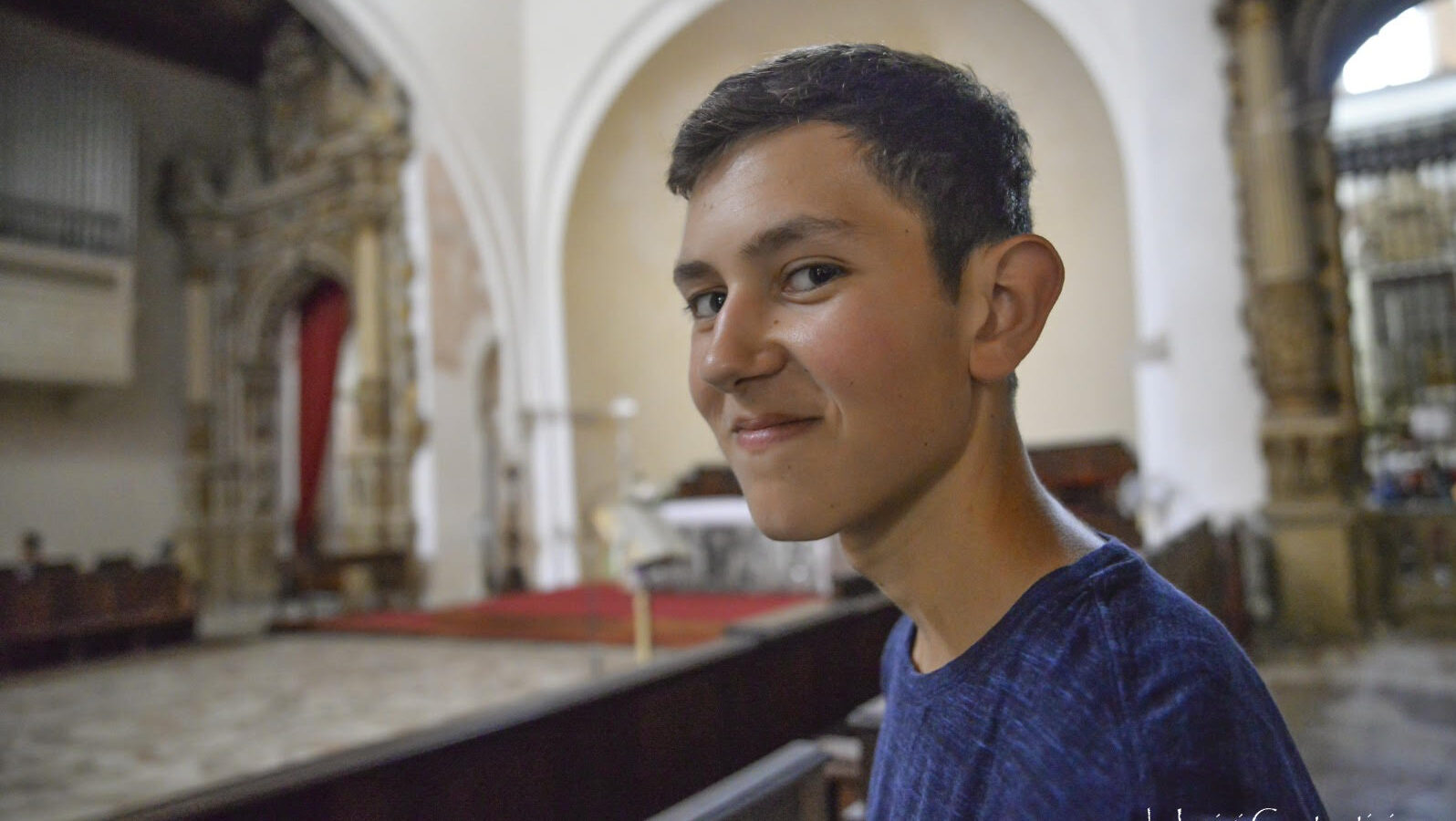Royden B. Davis Fellow Justin Goldstein Conducting Research to Optimize Question Answering Results
Computer science major Justin Goldstein (C’24) was selected as one of this year’s Royden B. Davis Fellows. The sophomore will use this fellowship to fund his summer research on passage retrieval for question answering (QA) at Georgetown’s InfoSense Lab.
Researching a Better Response

Professor Grace Yang
Goldstein first became interested in computer science due to its practical applications. An aspiring entrepreneur, Goldstein hopes that learning the technical skills behind computer science will help him start his own company.
At the end of his first semester at Georgetown, Goldstein reached out to the head of the InfoSense Lab, Professor Grace Yang, an expert in the fields of artificial intelligence (AI) and information retrieval (IR).
After their meeting, Yang invited Goldstein to sit in on her graduate course Experimental Artificial Intelligence and later agreed to oversee Goldstein’s summer research project where he will assist a graduate student in experiments on building a novel, large-scale neural index to retrieve passages that contain answers to questions being asked.
At the InfoSense Lab, members research topics on artificial intelligence, information retrieval, machine learning (ML), and privacy. The mission of the lab is to study how people seek and process “information” and make “sense” out of it, with the assistance of AI and potentially in a privacy-preserving manner.
“We work on a broad range of projects, from dialogue systems, search engines, AI games, virtual reality, to self-driving cars”, Yang says, “Justin brings new life to the lab and is always energetic, curious and full of ideas. Although he is still a junior researcher, the project he works on involves cutting-edge deep representation learning and is very challenging.”
Specifically, Goldstein will design a new indexing method for retrieving passages that contain answers to questions being asked by a user. This project uses neural networks to improve answers to a user’s search. Neural networks are a series of algorithms that attempt to recognize underlying relationships in a set of data through processes that mimic the way the human brain operates.
Though passage retrieval by neural networks is slow, Goldstein and his fellow researchers aim to increase the efficiency of passage retrieval by moving most of the heavy computation offline so that the answers are much easier to retrieve when the user makes their search.
Goldstein says that his work on this project “has given me great insights into how my course work can be applied.”
“It also gives me perspective on how I might shape my computer science education at Georgetown in the years ahead,” Goldstein says. “AI and Information Retrieval will likely continue to be important in the next century as people rely less on memorizing facts, and more on the tools they use to find facts. This research has allowed me to develop an interest in this subject area and it has shown me how much work there is still left to do.”
Campus Activities
In addition to his work with the Infosense Lab, Goldstein is also the leader of the Special Projects team for Georgetown Disruptive Technology and a Google student developer lead for Georgetown Disruptive Technology. He also serves as a project manager for TAMID’s technical consulting chapter.
